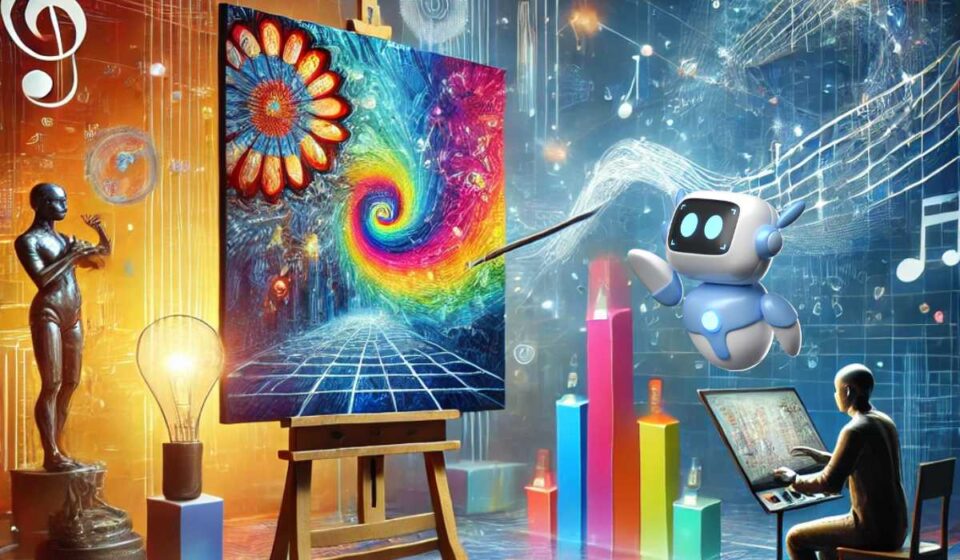The rise of artificial intelligence (AI) has ushered in a new era in creative industries, transforming the landscape of art, music, and literature. AI-generated content has gained significant traction, with algorithms capable of composing music, generating stunning digital artwork, and even writing poetry. As these technologies advance, they present both exciting opportunities and challenging questions about the nature of creativity and the role of human artists. This article explores how AI is reshaping the creative economy and whether it can coexist harmoniously with human creativity.
AI-generated art is becoming increasingly sophisticated, blurring the lines between human and machine creativity. Tools like OpenAI’s DALL-E and Jukedeck allow users to create unique images and music with minimal input. These innovations have democratized access to creative processes, enabling anyone with an idea to produce high-quality content. However, this rapid advancement raises concerns about the potential devaluation of human artistry. As AI continues to produce impressive works, the question arises: can a machine truly be considered an artist, or is it merely a tool that mimics human creativity?
Ethical debates surrounding AI-generated content are becoming more pronounced. Issues of ownership and copyright are at the forefront, as the creators of AI algorithms and the artists whose works inspire them grapple with questions of attribution and rights. For instance, if an AI creates a masterpiece based on thousands of existing artworks, who owns the resulting piece? As companies like Adobe and Google develop AI tools for creative professionals, the legal framework surrounding these technologies must evolve to address these complex challenges. The balance between innovation and ethical considerations will be crucial in shaping the future of AI in the creative sector.
The impact of AI on the creative economy is profound. While some fear that AI-generated content could replace human artists, others argue that it can serve as a valuable tool that enhances human creativity. For instance, musicians can use AI to generate melodies or suggest chord progressions, allowing them to explore new creative avenues. Similarly, graphic designers can leverage AI to automate repetitive tasks, freeing up time for more innovative pursuits. As the industry adapts to this technological shift, collaboration between humans and AI may emerge as a defining feature of the creative landscape.
In conclusion, the rise of AI-generated content presents both opportunities and challenges for the creative industries. As businesses in entertainment, marketing, and media adapt to the integration of AI, the dialogue surrounding the coexistence of human and machine creativity will become increasingly vital. While the technology may revolutionize the way art and music are produced, the essence of creativity—whether human or machine—will always remain a subject of fascination and debate. As we navigate this uncharted territory, it is essential to strike a balance that fosters innovation while preserving the unique qualities that define human artistry.


